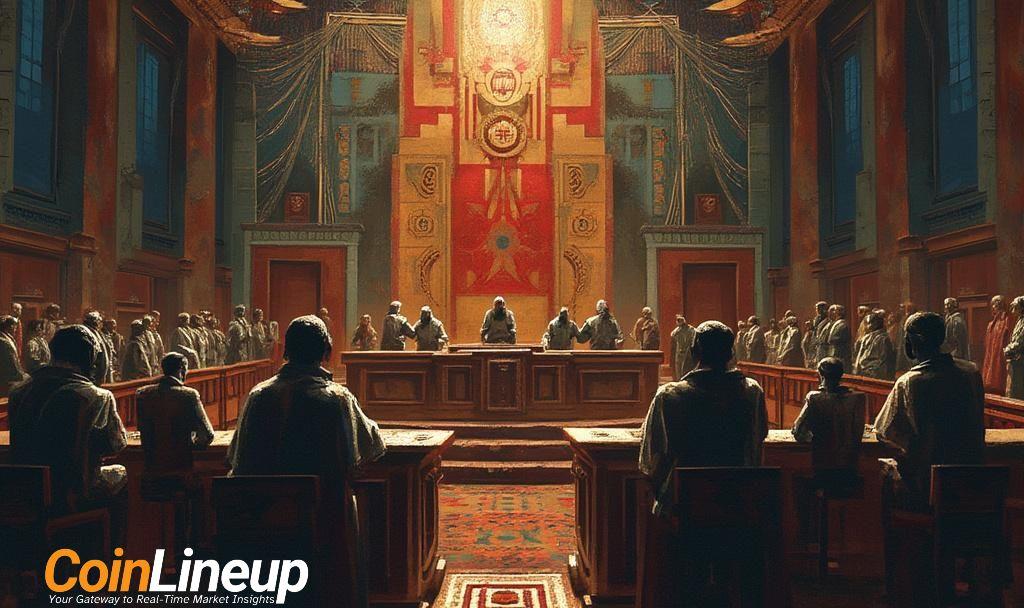
- Beijing’s first AI-related copyright case conviction.
- Legal precedent for AI misuse.
- Calls for e-commerce AI oversight.

Beijing’s Tongzhou District People’s Court convicted four defendants for AI copyright infringement, marking a legal first in the city.
The case underscores the legal framework’s attempt to address AI-generated content, reflecting a significant policy direction.
Case Overview
In a historic legal case, Beijing’s court ruled against four individuals for unauthorized AI-modified artwork, generating illegal profits. The court emphasized the need for stricter oversight of AI-generated content, impacting e-commerce platform policies. Academic and legal communities have taken note of these developments, underscoring their potential influence on the future regulation of AI technology.
The use of AI in producing modified digital artwork has led to unauthorized commercial distribution and this case has brought attention to potential regulations in AI content creation. Financial penalties imposed highlight the economic implications of unlicensed AI content use, stressing tighter e-commerce regulations. The sentencing may prompt changes in how developers and e-commerce sites handle AI-modified content distribution, promoting compliance with intellectual property laws.
Prosecutors said they plan to issue recommendations to e-commerce platforms to strengthen oversight of AI-generated content and help ensure the healthy development of the technology within the framework of the law.
Beijing’s first AI-related copyright infringement case sets a precedent, showcasing China’s proactive stance against AI misuse. Legal experts suggest this may lead to stronger content oversight within e-commerce. The absence of crypto market impact reflects the case’s localized focus.



























